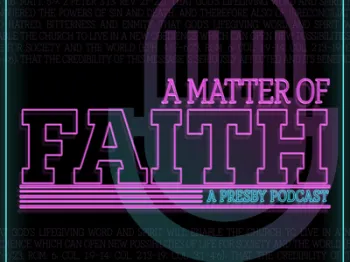Reformed Theology

Identity & Relationship
Presbyterians belong to widening circles of theological identity and relationship: Reformed, Protestant, and Christian. Presbyterian is a way of being Reformed, which is one way of being Protestant, which is itself a way of being Christian.
The Presbyterian Church (U.S.A.) affirms the distinctive beliefs of the Reformed Tradition, which date back to principles articulated by John Calvin in the 16th century. Central to the Reformed tradition is affirmation of the sovereignty of God. That assurance provides a basis for other traits of the Reformed way: that God calls us to service in the world, that our life together is to be ordered in ways that enable all members to flourish, that God calls us to generous stewardship of what we have, and that we are to stay alert to the human tendency to idolatry and tyranny and respond to God’s call to work for a society that seeks justice.
Our salvation through Jesus is God’s generous gift to us and not the result of our own accomplishments. It is everyone’s job — ministers and laypeople alike — to share this Good News with the whole world. That is one reason the PC(USA) is governed at all levels by a combination of clergy and laity that includes women, men, and nonbinary people.
The PC(USA) confesses its beliefs in statements of faith from across the history of the church. Twelve statements of faith are gathered together in the first part of the denomination’s constitution, called the Book of Confessions. According to the second part of the constitution, the Book of Order, in the confessional statements the PC(USA) “declares to its members and to the world who and what it is, what it believes, and what it resolves to do.”







